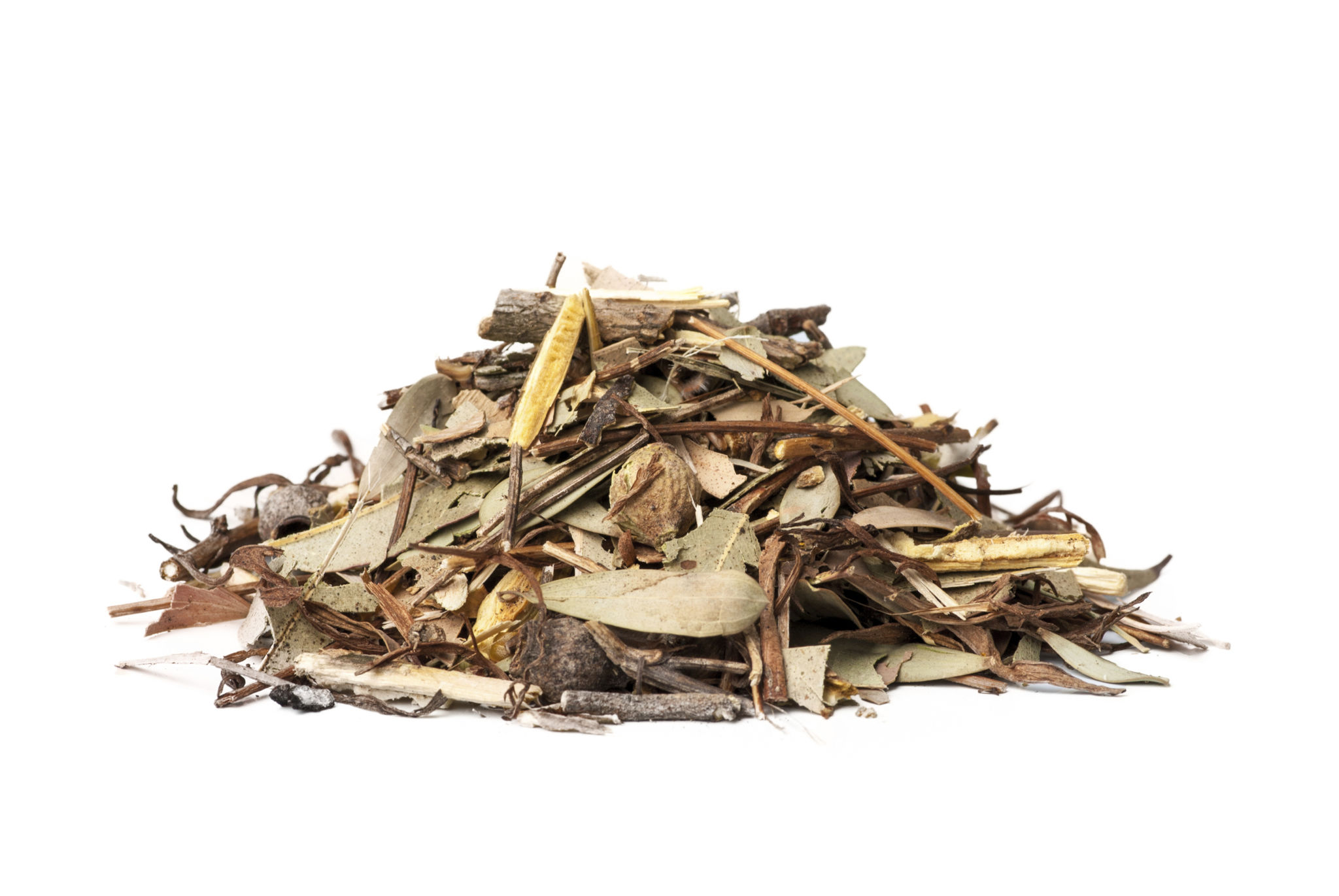Organic Farming Advice for Ocala Farmers: Best Practices and Tips
Understanding the Basics of Organic Farming
Organic farming is not just a trend; it's a sustainable way of growing crops that benefits both the environment and the people consuming the produce. For farmers in Ocala, embracing organic practices can lead to healthier soil, better yields, and a more robust ecosystem. This approach avoids synthetic fertilizers and pesticides, focusing instead on natural methods to maintain soil fertility and control pests.
One of the core principles of organic farming is the use of crop rotation. This practice involves changing the type of crops grown in a particular area with each planting season. This not only helps in preventing soil depletion but also reduces the buildup of pests and diseases.

Soil Health and Fertility
A healthy soil is the cornerstone of successful organic farming. To enhance soil fertility, Ocala farmers should incorporate composting techniques. Composting transforms organic waste into nutrient-rich soil amendments, which improve soil structure and provide essential nutrients to plants.
Additionally, using cover crops like clover or rye can help fix nitrogen into the soil, reduce erosion, and suppress weed growth. These green manures are turned back into the soil, enriching it with organic matter.

Pest and Weed Management
Managing pests and weeds without synthetic chemicals is a challenge in organic farming. However, there are effective strategies that Ocala farmers can adopt. Integrated Pest Management (IPM) combines biological, cultural, and physical controls to keep pest populations in check. Introducing natural predators like ladybugs or encouraging beneficial insects can significantly reduce pest issues.
For weed control, consider mulching with organic materials such as straw or wood chips. This method suppresses weed growth while retaining soil moisture. Hand weeding and mechanical tilling are also viable options for maintaining a weed-free farm.

Water Management
Efficient water management is crucial in organic farming, especially in areas prone to drought. Implementing drip irrigation systems can ensure that water is delivered directly to the plant roots, minimizing evaporation and conserving water resources.
Rainwater harvesting is another sustainable practice. Collecting and storing rainwater for irrigation helps reduce dependency on other water sources and ensures a steady supply during dry spells.

Marketing Organic Produce
Once your farm is producing high-quality organic produce, it's important to market it effectively. Join local farmers' markets or consider a Community Supported Agriculture (CSA) model to connect directly with consumers who value fresh, locally grown food.
Building an online presence through social media platforms can also help reach a broader audience. Share your farm's story, showcase your products, and highlight the benefits of organic farming to attract customers who are passionate about sustainable agriculture.
Conclusion
Organic farming in Ocala offers numerous benefits, from improving soil health to producing nutritious food. By adopting best practices such as crop rotation, composting, integrated pest management, and efficient water usage, farmers can enhance their productivity while supporting environmental sustainability. Embrace these strategies to cultivate a thriving organic farm that contributes positively to the community and the planet.